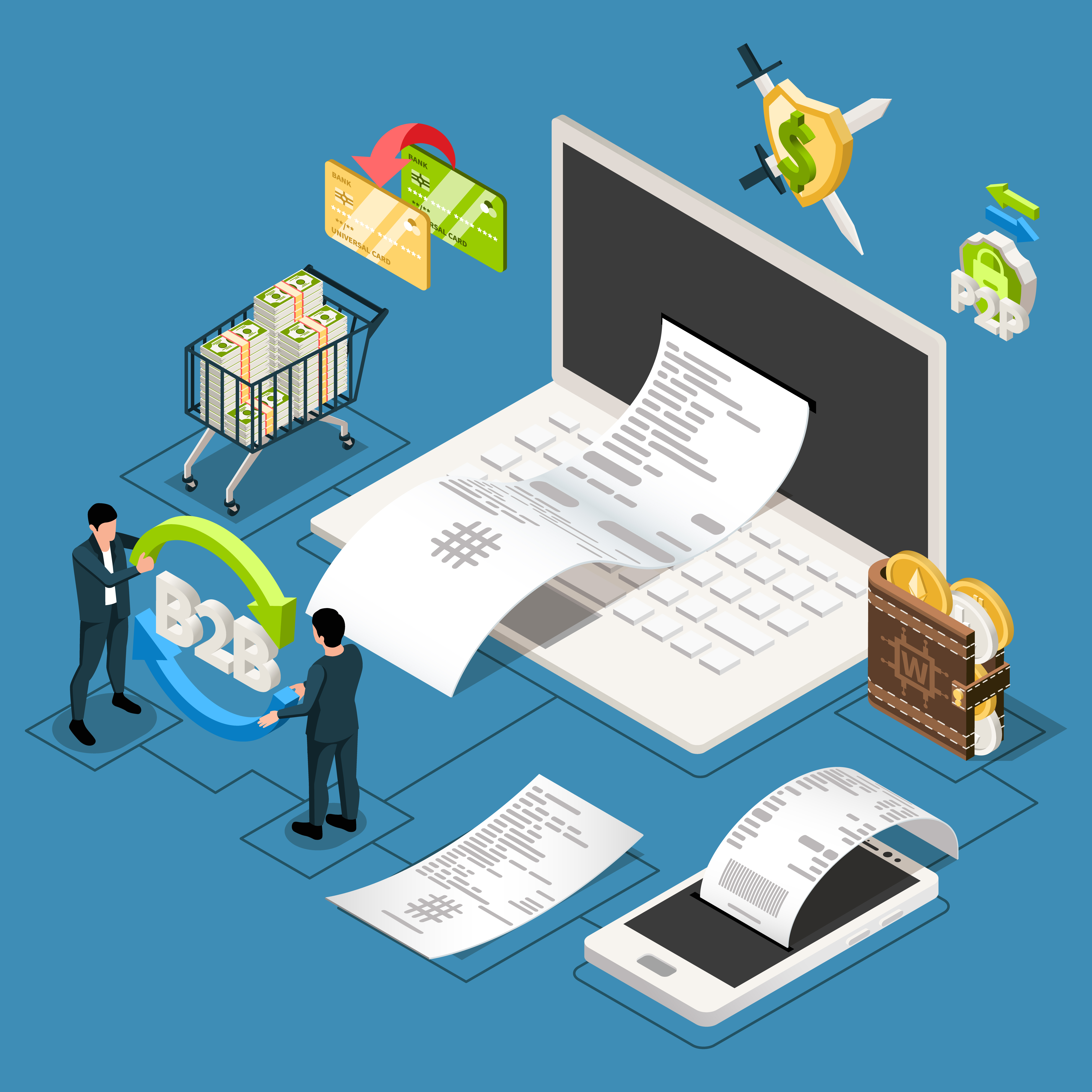What Type of Account is Mortgage Payable?
Understanding the intricacies of financial accounts is essential for effective bookkeeping and financial management. In this blog post, we will explore the nature of mortgage payable and delve into the specific type of account it represents in the financial landscape.
Defining Mortgage Payable:
Mortgage payable is a liability account that records the outstanding balance of a mortgage loan. It represents the amount a business or individual owes to a lender for a property purchase. Unlike an asset account, which represents something a company or individual owns, mortgage payable falls under the category of liabilities because it signifies a financial obligation.
Types of Liabilities:
To comprehend where mortgage payable fits, it's crucial to have a basic understanding of liabilities. Liabilities are financial obligations that a business or individual owes to external entities. These obligations can take various forms, such as loans, credit card debt, or accounts payable. Mortgage payable, specifically, pertains to long-term debt secured by real estate.
Mortgage Payable as a Long-Term Liability:
Mortgage payable is categorized as a long-term liability because the repayment period for a mortgage loan typically extends beyond one year. Businesses and individuals use mortgage loans to finance the acquisition of real estate, and these loans often have terms ranging from 15 to 30 years. The extended repayment period classifies mortgage payable as a long-term liability on the balance sheet.
Impact on Financial Statements:
Mortgage payable has a significant impact on a company's financial statements. On the balance sheet, it appears under long-term liabilities, providing a clear picture of the outstanding mortgage debt. The corresponding interest payments and principal repayments are reflected in the income statement and cash flow statement, respectively.
Recording Mortgage Payable Transactions:
When a mortgage is initially obtained, the accounting entry involves increasing the mortgage payable and recognizing the property as an asset. Subsequent entries reflect the interest and principal payments made over the life of the loan. This systematic recording ensures accurate financial reporting and compliance with accounting principles.
Mortgage Payable and Equity:
Understanding the relationship between mortgage payable and equity is crucial for comprehending the overall financial health of a business or individual. As mortgage payable decreases over time through regular payments, equity in the property increases. This shift in equity is an essential metric for assessing net worth and the value of assets owned outright.
Conclusion:
In conclusion, mortgage payable is a specific type of account classified as a long-term liability on the balance sheet. It represents the outstanding balance of a mortgage loan used to finance the purchase of real estate. As businesses and individuals navigate their financial landscape, understanding the nature of mortgage payable is fundamental for accurate bookkeeping and financial planning. For further assistance in managing various liabilities, including mortgage payable, businesses may explore professional Accounts Payable Services to enhance financial efficiency and ensure compliance with accounting principles.




Comments
Post a Comment